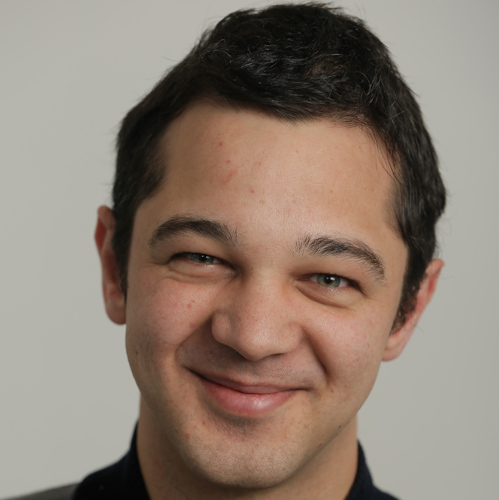Keynotes
Quantum Computing and TelCo Security (May 27)
Twenty years ago, Quantum Computing was at best amusing the TelCo security experts. But Quantum Computing has tremendously improved since then and the USA and NIST is accelerating the adoption of Post Quantum Crypto standards as the QC will be a real threat in 5-10 years. Given that the TelCo industry is very slow in its standardization efforts whose standards last many decades, the question what about Quantum Computing attacks against the TelCo crypto seems now quite timely. While the wisdom in 2019 was still that Grover’s attack is the best possible attack and simply doubling the key lengths in Milenage would suffice, our understanding of that misconception has changed.
In this talk we will look at recent quantum attacks against Milenage, the corresponding answers from ETSI on them and also look a bit into the rare PKC usage in the TelCo crypto area. Additionally, we will also provide some PQC answers on such rare PKC usage in the TelCo crypto.


Jean-Pierre Seifert
Jean-Pierre Seifert’s chair at the Technical Universität Berlin is a world renowned hardware security research group in the field of contactless optoelectronic chip assessment. For his eminent research achievements, he received in 2018 the Einstein Professorship award. His recognized expertise stems also from his decade long work in the semiconductor research labs of Intel (Portland USA), Infineon Technologies (Munich, Germany), and Samsung Electronics (San Jose, USA). He is affiliated with TU, T-Labs (DT AG’s central R&D department), the Berlin Institute for the Foundations of Learning and Data (BIFOLD), the Berlin Quantum Alliance, and the Einstein Foundation Berlin. Being a mathematically oriented cryptographer and theoretical computer scientist, he has a substantial amount of computational complexity expertise. As single author he has created the field of fault attacks against the public keys of asymmetric cryptography and was the co-inventor of branch prediction attacks. His learning research was seminal for the correct definition of the security of physically unclonable functions (PUF) within the PAC learning framework. With a very early single author publication in the field of factorization via Shor’s quantum algorithm, he paved the way for the overarching research field of reducing the number of qubits in Shor’s famous QC algorithms for the factorization and the discrete logarithm problem via lattice basis reduction instead of the original continued fraction algorithm.
When Wireless Protocols Meet New Threat Models
(May 28)


Mathy Vanhoef
Mathy Vanhoef is an Assistant Professor at KU Leuven University in Belgium. He’s interested in network and software security, where he studies the security of the full network stack, with a focus on Wi-Fi security and applied cryptography. In this area, he tries to bridge the gap between real-world code and theory. He previously discovered the KRACK attack against WPA2 and the Dragonblood attack against WPA3. He also collaborated with the industry to design and standardize two new Wi-Fi defenses. One of these defenses, called beacon protection, will become mandatory in Wi-Fi 7.


